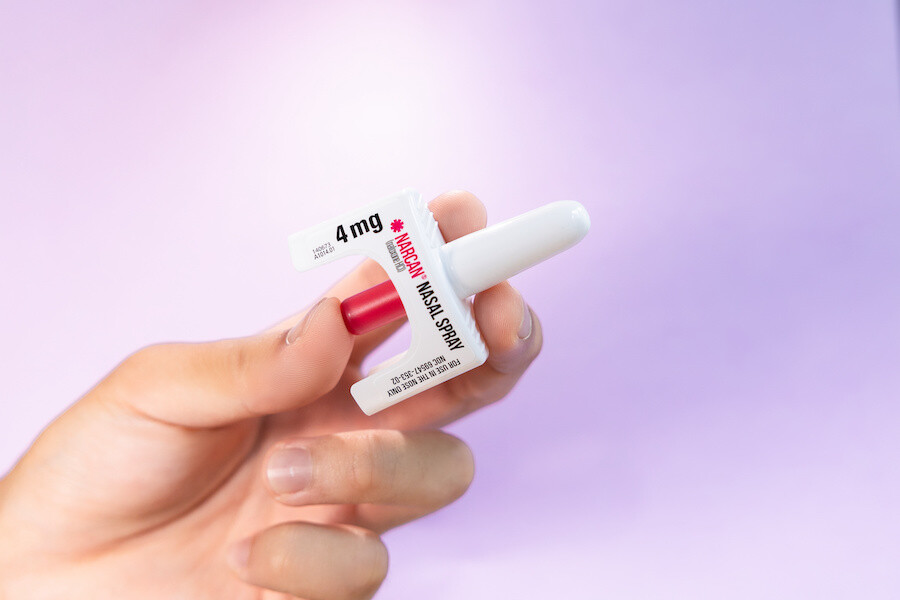In the fight against opioid overdoses, access to naloxone, commonly known as Narcan, is critical. Naxolone can reverse the effects of an opioid overdose, potentially saving lives in crucial moments of crisis. However, access to naloxone has been an issue, hindering its potential to prevent tragic outcomes. Locally, an initiative led by NLC Cares is making significant strides in addressing this gap.
NLC Cares, through grant funding, has installed more than a dozen free naloxone distribution boxes throughout New London County. These boxes are located in central areas, ensuring that naloxone is readily available when needed. Among these locations are four within the Uncas Health District, making this life-saving medication easily accessible to the community:
- Montville Old Town Hall, 310 Norwich-New London Turnpike, Uncasville
- Taftville VFD, 134 Providence St, Taftville
- Matt’s Mission, 70 Main St, Jewett City
- Greeneville Fire Station, 446 North Main St, Norwich
The placement of these distribution boxes represents a tangible effort to empower individuals and communities to respond effectively to opioid-related emergencies. Each box contains naloxone kits along with instructions for use, ensuring that even those without prior training can administer the medication confidently.
One crucial aspect of NLC Cares’ initiative is the emphasis on education and training. While naloxone can reverse an overdose, knowing how to use it correctly is paramount. Recognizing this, the Uncas Health District offers training sessions to equip community members with the necessary skills to administer naloxone safely. These training sessions not only demystify the process but also instill confidence in individuals to intervene effectively during emergencies. Contact Uncas Health District.
The simplicity of naloxone administration underscores its potential to save lives. With proper training, anyone can learn to recognize the signs of an opioid overdose and administer naloxone promptly. This empowers communities to take proactive measures in combating the opioid crisis.
Moreover, initiatives like NLC Cares serve as a testament to the power of grassroots efforts in addressing public health challenges. By collaborating with local organizations and leveraging community resources, tangible solutions can be implemented to tackle complex issues.
Access to naloxone is not just a matter of convenience; it can be a matter of life and death. Organizations like NLC Cares are paving the way for greater accessibility to this vital medication, ensuring that no life is lost to opioid overdose due to lack of access. Coupled with education and training, naloxone distribution programs are instrumental in saving lives and building resilient communities in the face of the opioid epidemic.
